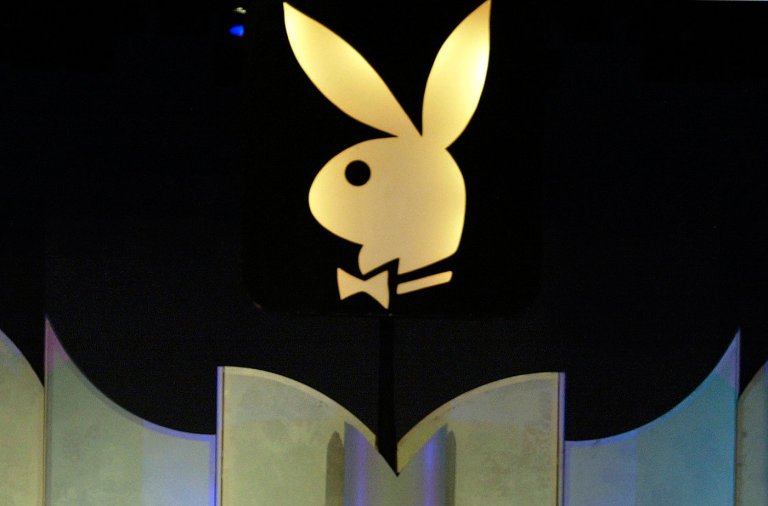
Reporting for jury duty: Writers reveal experiences on book prize juries
TORONTO – Margaret Atwood did some reading on the floor, Jonathan Lethem in the bathroom and Alison Pick at an artist retreat in upstate New York.
When it comes to being on a book jury, you have to take in the material wherever and whenever you can in order to get through the dozens of titles submitted, say writers who’ve done the demanding job.
“I’m a great person for reading on the floor, sort of in a crouching position. I do it quite a lot,” says Atwood, who has served on the Scotiabank Giller Prize jury four times, including this year’s instalment.
“Sometimes I do it in a chair. I don’t do it in bed very much, but I do it on the floor quite a bit, and I think that’s a holdover from my old funny paper reading days, which you always read them on the floor — you spread the paper out and read them on the floor. Wherever I happen to be.
“Some of them I did take with me in e-form as I was travelling, but I always referred back to the paper version,” continues the CanLit legend, who served on this year’s Giller jury while doing the book festival circuit to promote her “MaddAddam” novel.
“It’s a more in-depth read for me, I can get into the text better and I also seem to be able to find my way around better.”
Being able to quickly flip through the pages to remember certain story elements was important to Atwood, since she and fellow 2013 Giller Prize jury members Esi Edugyan and Lethem had to read a whopping 147 titles submitted by 61 publishers.
They then re-read certain titles — sometimes multiple times — and consulted with each other in order to narrow down the field to a long list of 13 books, then to a short list of five (a number determined by the prize) and the eventual winner announced earlier this month, Edmonton-based Lynn Coady for her short story collection “Hellgoing.”
“I was fortunate in that I wasn’t on a book tour like the other two jurors were, and so I did most of my reading at home,” says Edugyan, who won the Giller in 2011 for “Half-Blood Blues.”
“When I had to travel for a literary festival, I’ve got a Kindle Fire (tablet), so I did some reading on that. So it was just constantly, every waking moment of the day that you had for working was spent reading these books and concentrating on them.”
“You had to put it in everywhere,” says Lethem, a bestselling American author. “I would take a bunch of books in my car and go to the park and just sit and have like a reading picnic alone with myself, but I also was doing it as I fell asleep every night and in the bathroom.
“It’s sort of like you’re never without a Giller nominee.”
So, what’s the motivation to join a book jury?
“To do something for literature for your own country,” says acclaimed author Alistair MacLeod, who’s done the duty several times, including with the Giller Prize.
“We get money, but not much — you know, 12 cents a day or something. It’s like the pay of the army,” he says with a laugh. “But juries are as good as the people that are on them, and I’ve been on juries where they’ve all been pretty good.
“Sometimes you get jurors who won’t work and they don’t read the books as carefully as they should. That’s no good. But most of the time, they do read it.”
Edugyan took on the Giller jury job partly because it was a significant year for the prize — the 20th anniversary.
“And as somebody who just won the prize two years ago, I can attest to the fact that it makes just an enormous difference in a writer’s life,” she says.
“For me specifically, to go from having a very tiny readership to having a much larger one, this is an extremely important prize, and I felt like I wanted to give back and be a part of the process and also know what that process is, having been on the receiving end of it.”
Canadian novelist and poet Pick, who’s on the jury for this year’s $25,000 Rogers Writers’ Trust Fiction Prize that’s being awarded Wednesday, wishes every writer had the experience of being on the other side of the prize table.
“You understand in theory that there are lots of good books that can’t make the list, but when you’re a writer who doesn’t make the list, it’s devastating because the lists are important in terms of sales and recognition,” says Pick, who’s also been on juries for the Writers’ Trust Journey Prize and the CBC Short Story Prize.
“But really, being on this side of the table, you see how at the end it just comes down to taste and esthetics and the conversations that the particular jury are having. It was very illuminating for me as a novelist myself to sit on this side of the table.”
Pick and her fellow 2013 Writers’ Trust jury members Caroline Adderson and Miguel Syjuco received 115 books from 50 publishers.
She says they started reading the books around March, when the books arrived on their doorsteps in shipments.
She works from home and read some there as well as at Yaddo, an artist retreat in Saratoga Springs, N.Y. The jury held several conference calls to choose five finalists and then one winner.
Being on a book jury “certainly puts into context the way in which an appreciation of literature is subjective,” says Pick.
“I’ve learned to, even in a more intense way with this jury — it’s the biggest jury I’ve been on, but I’ve done many contest juries and grant juries — and you realize that you shouldn’t take any kind of rejection personally, and that a rejection does not necessarily reflect on the work at all.
“It can reflect on whatever the conversations happen to be between the jurors on that given day and the other work that came in.”
Edugyan agrees, noting “every jury has its own alchemy.”
“If you just change one person on any jury, it could be a completely different list, and so you can’t write thinking about that kind of thing.”
St. John’s author Lisa Moore — whose novel “Caught” made this year’s Giller short list and is up for the Writers’ Trust prize on Wednesday — understands the process, having served on the Writers’ Trust jury in 2010.
She says she and two other jury members read at least 130 books, which she pored over in her quiet home that’s across the street from the ocean amid “long grass and horses.”
Moore felt it “a real honour,” one that taught her “how many great books there can be in Canada in a year.”
“It’s a very difficult process, but you have two or three other people on the panel also jurying, and you get to talk and you do things like read out sentences and discuss the philosophies in the books and the characters,” she says.
“So you really get to talk about what matters to you about literature, and that’s an exciting thing for a writer. It’s always horrible picking a winner, though, because when you get down to five books, those are all very, very good books, usually.”
As Edugyan tells it, this year’s Giller deliberations were “wonderfully amiable,” and MacLeod says he’s never seen any fights on the juries he’s been on.
But “it’s a lot of work and I wouldn’t do it again,” says the 77-year-old MacLeod, who published the short story “Remembrance” in e-form earlier this month.
“You know, I’m getting old and I did it a few times. And you get 120 books in a box or boxes and you know some of the people, you can’t help it, because it’s a small literary community and you can’t go around saying, ‘I like you but I hated your book.’ You can’t do that!” he adds with a laugh.
Atwood insists she’s also done serving — at least on the Giller jury — noting with a laugh that the only reason she did it this year was because prize founder Jack Rabinovitch “made” her.
“I said after the third time, ‘That’s it, I’ve done my thing, I’ve given all my blood.’ But he got me in a hammerlock. It’s the 20th anniversary.”
Join the Conversation!
Want to share your thoughts, add context, or connect with others in your community? Create a free account to comment on stories, ask questions, and join meaningful discussions on our new site.




















Leave a Reply
You must be logged in to post a comment.